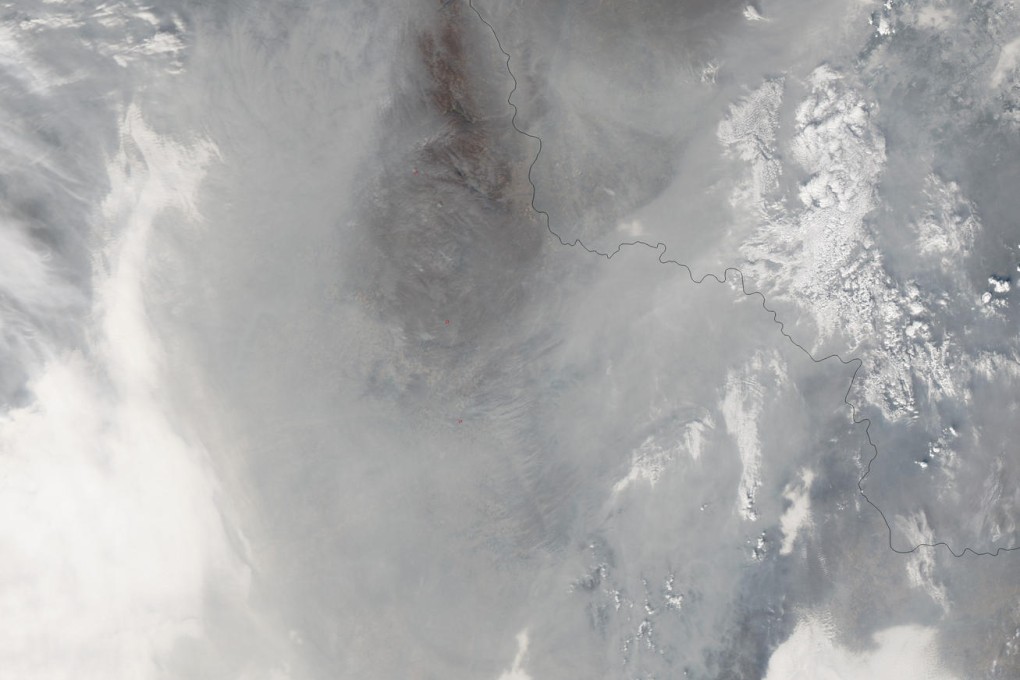Beijing 'flexible' in global climate talks amid smog concerns at home
Top envoy to UN negotiations on global emissions pact stresses compromise amid domestic concern about worsening air pollution

Beijing intends to be "flexible" in UN global climate talks, the country's top negotiator said yesterday, while adding that getting rich nations to keep pledges to fund mitigation steps by poorer countries would be key to a deal.
Representatives of more than 190 nations will gather in Warsaw on Monday to push towards a new global deal to cut climate-warming greenhouse gases. The deal would take effect by 2020.
Last month, the United States' chief climate change envoy, Todd Stern, urged a more flexible approach over the new pact to succeed the Kyoto Protocol, saying nations should be allowed to set individual timetables and commitments.
Beijing was just as willing to compromise, said the country's chief negotiator, Xie Zhenhua, who is also vice-chairman of the National Development and Reform Commission (NDRC).
"As long as it is fair, and accords with the principle of 'common but differentiated responsibilities', as long as it has the agreement of all parties, and as long as it is in line with agreements already reached, we have a very flexible approach," Xie told reporters, adding that he had seen Stern's remarks.
China is the world's biggest emitter of greenhouse gases, blamed by scientists for causing dangerous climate change.
Xie said funding was critical to solving the disputes, with richer countries still not having released funds promised in 2009 to help poorer nations adapt to climate change and to cut emissions. The measures included "fast-start" funds of US$30 billion by 2015 and an annual fund of US$100 billion by 2020.